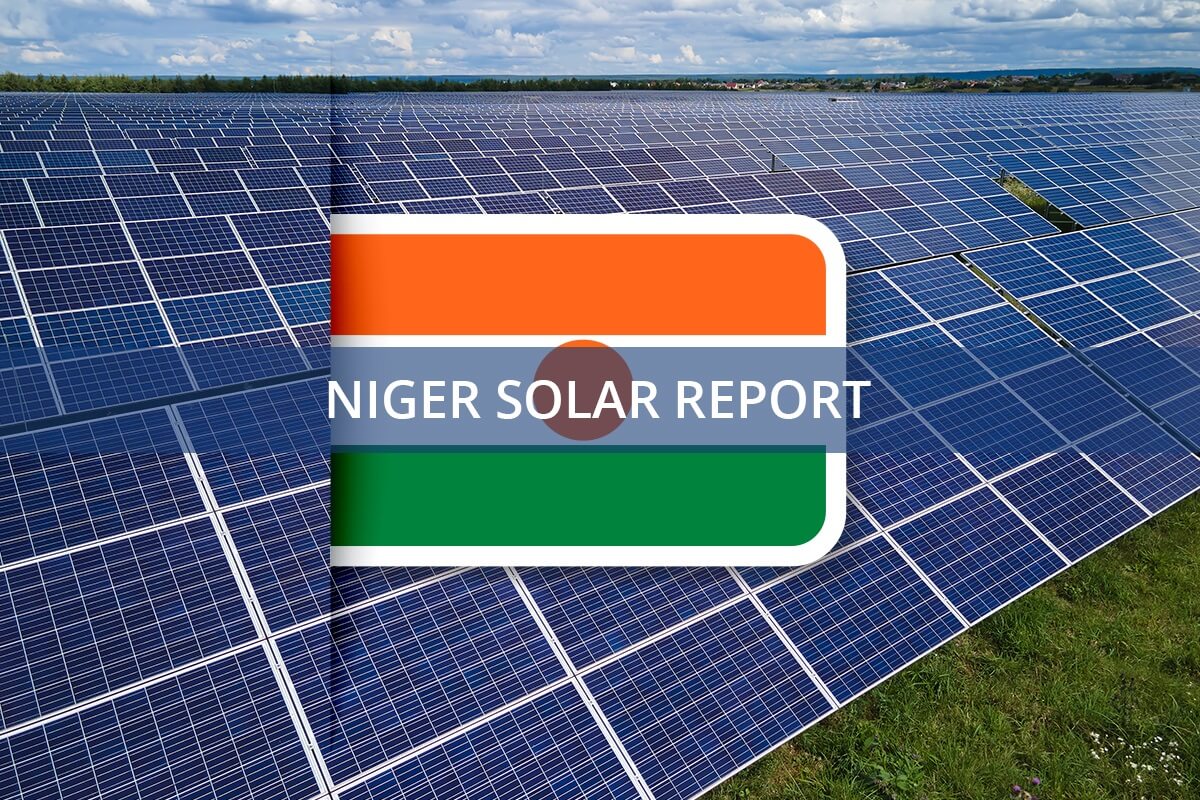Niger Solar Energy: Doubling Capacity with Goudel Plant
Niger is set to significantly boost its solar energy capacity with a new 100 MW solar power plant in Goudel, near Niamey. This plant will effectively double the country’s solar power capacity, playing a crucial role in reducing its reliance on electricity imports. With Niger currently importing nearly 70% of its electricity, primarily from Nigeria, this project marks a major step toward energy independence and sustainability. This initiative aligns with growing trends in the region, with countries like Burkina Faso exploring domestic solar panel manufacturing to bolster energy security, as detailed in market reports (https://www.pvknowhow.com/solar-report/burkina-faso/).
The new solar power plant (https://constructionreviewonline.com/news/niger-to-double-its-solar-capacity-with-100-mw-goudel-plant/) will be built on a 100-hectare site north of the capital and is expected to be operational by the first quarter of 2025. This expansion is part of Niger’s broader efforts to increase its renewable energy capacity. Currently, the country has a total installed capacity of 314 MW, with renewable energy sources, including existing solar installations, accounting for 50 MW of that.
The Goudel solar power plant will add significantly to this total, bringing the country’s total solar capacity to approximately 150 MW (including existing capacity). This substantial increase in solar power will help reduce Niger’s dependence on expensive electricity imports from Nigeria. The new project is expected to cut these imports by nearly 50%, providing a more stable and affordable energy supply for the country.
International Funding for Niger Solar Energy Development
The Goudel solar power plant is being made possible through significant international support, highlighting the importance of global cooperation in driving sustainable development. The project is funded by a 50 million euro ($54 million) loan from the French Development Agency (AFD) and a 30 million euro ($32 million) grant from the European Union (EU). The African Development Bank (AfDB) is also contributing by financing the construction of the crucial 132-kilovolt transmission line that will connect the plant to Niger’s national grid. This investment in grid infrastructure is essential for effectively distributing the generated power throughout the country.
The power plant will be equipped with a 20 MWh battery storage system, a crucial component for managing the intermittent nature of solar energy. This battery storage will help stabilize the power supply, ensuring a steady flow of electricity, especially during periods when solar power generation is low, such as at night or during cloudy weather. This type of storage solution is becoming increasingly critical for maximizing the effectiveness of renewable energy projects.
The Goudel project is not the only solar initiative underway in Niger. Another significant project is the phased development of a 50 MW solar power plant in Gorou Banda, also near Niamey, with the first phase expected to be operational by the end of this year. The second phase will add another 50 MW, further strengthening Niger’s renewable energy infrastructure. This phased approach allows for flexibility and scalability as energy demands evolve.
Expanding Solar Energy Initiatives Across Niger
In addition to these larger projects, Niger is developing several other solar power plants across the country. These include a 30 MW solar power plant in Maradi, a 20 MW plant in Dosso, a 20 MW plant in Zinder, and a 10 MW plant in Diffa. These distributed generation projects are part of Niger’s broader strategy to expand its renewable energy capacity, reduce its carbon footprint, and bring power to more remote regions. Similar efforts are being undertaken in neighboring countries, such as Benin, which is focused on developing stable power solutions for solar factories (https://www.pvknowhow.com/countries/benin/power-supply-backup-solar-benin/).
The Goudel solar power plant represents a critical component of Niger’s energy strategy and its commitment to a sustainable future. It will help the country reduce its reliance on electricity imports, lower energy costs for consumers, and contribute to global efforts to combat climate change. The project also demonstrates the importance of international cooperation in addressing energy challenges in developing nations. While programs like the “Solar for All” initiative have faced setbacks (https://www.pvknowhow.com/news/solar-for-all-canceled-shocking-7-billion-program-cut/), the Goudel project showcases the continued momentum in the renewable energy sector.
With the support of international partners, Niger is making significant strides toward a more sustainable and energy-secure future. The Goudel solar power plant is expected to play a key role in this transition, providing a reliable and clean source of energy for the country’s growing population and supporting economic development. The project exemplifies a broader shift towards decentralized energy solutions and highlights the potential of renewable energy to transform developing economies.

